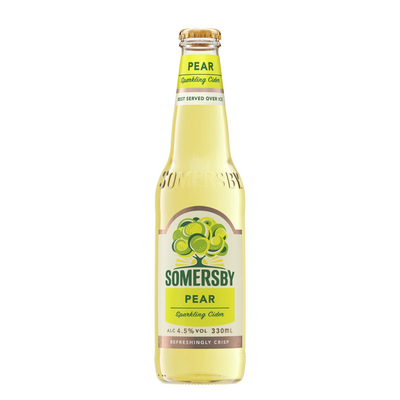Tequila: A Spirited Journey from Mexico's Heartland
In the spirit of National Tequila Day we want to take you through the rich history of one of the iconic spirits that embody the vibrant culture of Mexico. Tequila. This renowned beverage, with its distinctive flavour and fiery reputation, has become synonymous with celebration, relaxation, and a touch of Mexican flair. But how did tequila come into existence, and what makes it so unique? Let's find out!
Tequila is an agave-based spirit that originated in the state of Jalisco, located in the western part of Mexico. The town of Tequila, nestled in the picturesque Tequila Valley, is often credited as the birthplace of this iconic drink. Jalisco's volcanic soil and ideal climate create the perfect environment for the growth of the blue agave plant, which is the key ingredient in tequila production.

The transformation of agave sap into tequila as we know it today began with the arrival of the Spanish in the 16th century. The Spanish brought with them the knowledge of distillation, which paved the way for the evolution of agave wine into a more potent and refined spirit.
Initially known as "mezcal wine," the distilled agave beverage gained popularity among the locals, and its production spread to other regions of Mexico. Over time, the drink earned its now-familiar name "tequila," inspired by the town of Tequila, where production flourished.
Tequila's unique taste and character are owed to the meticulous process of harvesting and production. The blue agave plant, which takes around 8-12 years to mature, is hand-harvested by skilled jimadores who carefully extract the plant's core, known as the "piña."
After harvesting, the piñas are roasted to convert the starches into fermentable sugars. The cooked agave is then crushed to extract the juice, which is fermented and later distilled to create tequila.
Tequila comes in various styles, with the two main categories being "blanco" (white) and "reposado" (rested). Blanco tequila is bottled shortly after distillation, boasting a fresh and vibrant agave flavor. Reposado tequila is aged in oak barrels for a minimum of two months, infusing it with a smoother, more complex taste.
Whether sipped neat, savored in a cocktail, or enjoyed alongside traditional Mexican cuisine, tequila has earned its place as a symbol of festivity and rich cultural heritage. Its journey from ancient agave fermentations to the sophisticated spirit we know today is a testament to the creativity and passion of the Mexican people.
Shop your favourite tequila online at Sense of Taste today!





